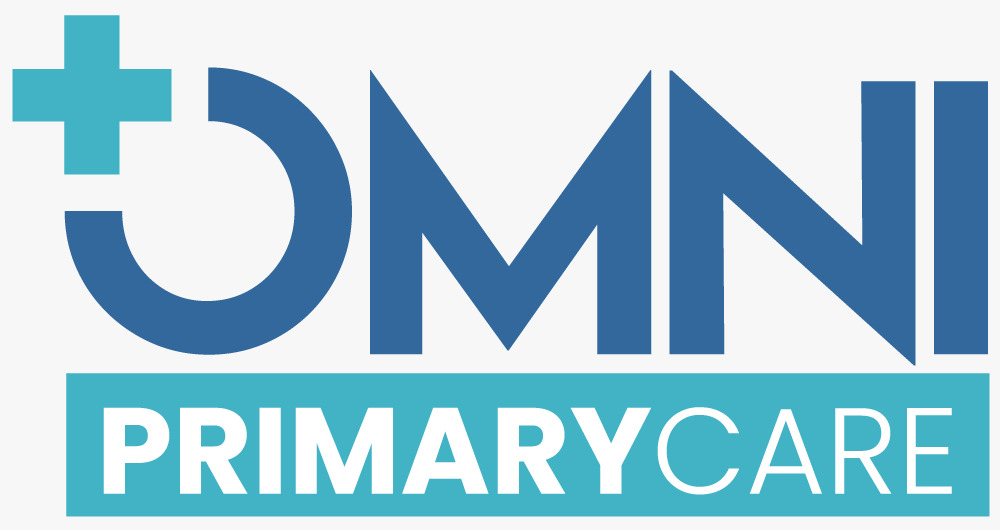



Sneezing, sore throat, a stuffy nose, coughing - everyone knows the symptoms of the common cold. It is probably the most common illness. In the course of a year, people in the United States suffer 1 billion colds.
You can get a cold by touching your eyes or nose after you touch surfaces with cold germs on them. You can also inhale the germs. Symptoms usually begin 2 or 3 days after infection and last 2 to 14 days. Washing your hands and staying away from people with colds will help you avoid colds.
There is no cure for the common cold. But there are treatments that can make you feel better while you wait for the cold to go away on its own:
Flu and the common cold are both respiratory illnesses but they are caused by different viruses. Because these two types of illnesses have similar symptoms, it can be difficult to tell the difference between them based on symptoms alone. In general, flu is worse than the common cold, and symptoms are more common and intense. Colds are usually milder than flu. People with colds are more likely to have a runny or stuffy nose. Colds generally do not result in serious health problems, such as pneumonia, bacterial infections, or hospitalizations. Flu can have very serious associated complications.
Because colds and flu share many symptoms, it can be difficult (or even impossible) to tell the difference between them based on symptoms alone. Special tests that usually must be done within the first few days of illness can tell if a person has the flu.

The symptoms of flu can include fever or feeling feverish/chills, cough, sore throat, runny or stuffy nose, muscle or body aches, headaches and fatigue (tiredness). Cold symptoms are usually milder than the symptoms of flu. People with colds are more likely to have a runny or stuffy nose. Colds generally do not result in serious health problems.